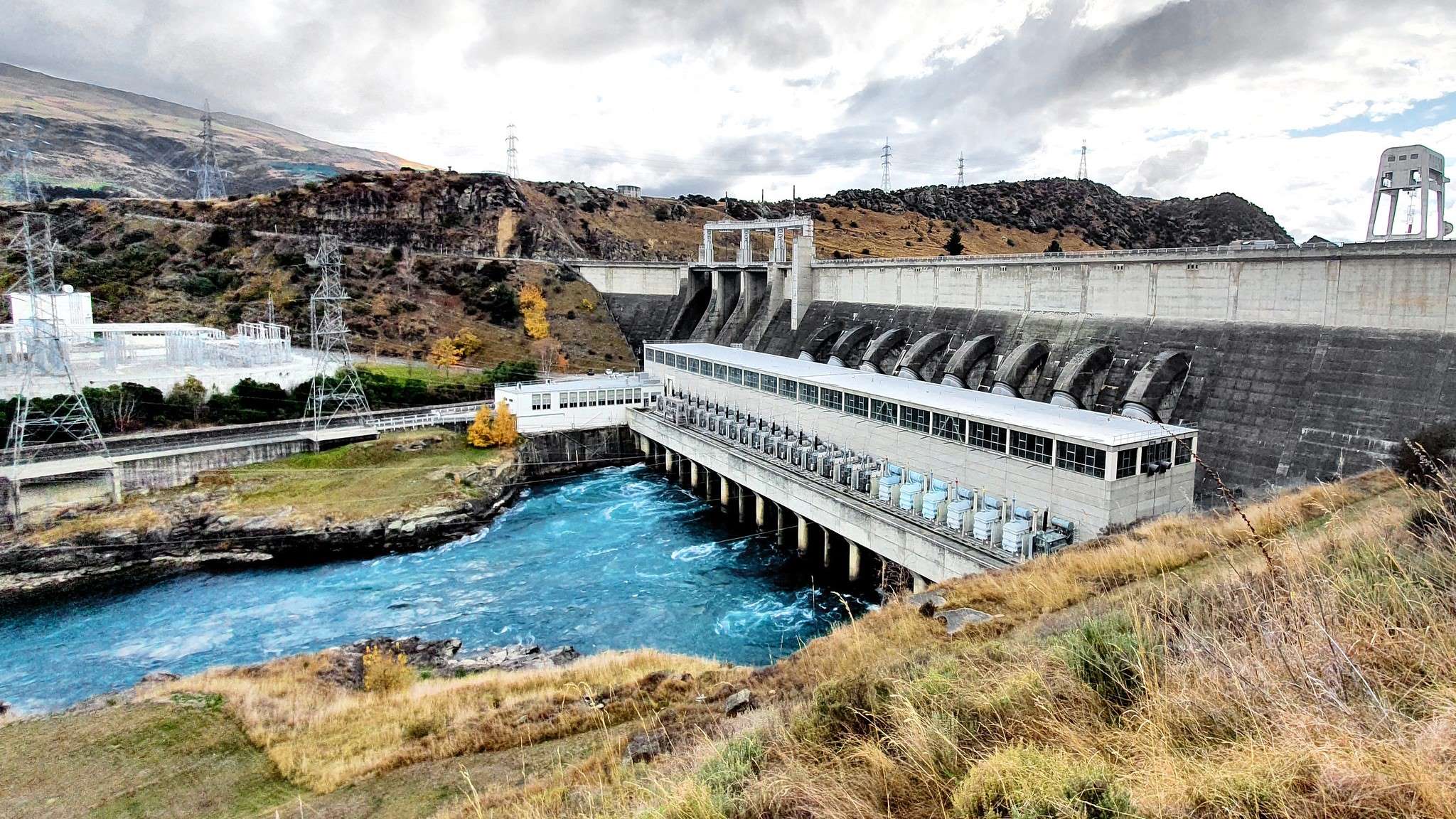
Electricity sector scrambles to secure supply

Electricity companies are scrambling to secure sufficient supply for the rest of winter to avoid potential blackouts. Hydro lakes have fallen to record low levels, forcing the sector to turn to fossil fuels for energy, pushing wholesale prices to record highs.
On Tuesday, Transpower hosted its regular fortnightly discussion on power grid operations and potential market issues, aiming to ensure enough generation is activated to meet forecast demand.
During the meeting, generators were reminded to notify the system operator if they could provide additional fuel or storage, as energy supplies remained extremely tight.
An unusually dry winter has caused hydro lake storage to fall to the lowest levels since 1992, significantly reducing the electricity output from hydro dams. Wind supply has also been weak, which means thermal power generation has had to step up to fill the gap.
It has been contributing 24% of New Zealand’s power supply, up from a long-term average of 14%. However, the shortage and high cost of natural gas have further strained the market.
Transpower reported that these factors have led to historically high power prices, with daily averages over the past week reaching the highest levels since the market was established in 1996. This has caused some industrial power users to halt operations, resulting in electricity demand dropping below its three-year average.
Hydro dams are legally required to maintain river flows, which limits how much water stored in lakes can be used for electricity generation under normal conditions. However, during critical times, these limits can be temporarily relaxed to prevent an electricity shortage.
Emergency settings
Transpower is consulting on raising the trigger for emergency settings, allowing hydro dams to generate more electricity during peak times if blackouts become likely.
The operator said that if one of the major South Island hydro schemes reaches its minimum water level without accessing emergency storage, between 2% and 6% of energy peaks could be at risk of not being met. If two major schemes were to reach their minimum levels, 20% to 30% of energy peaks in the coming months could be at risk of causing blackouts.
Transpower is consulting on temporarily allowing hydro lakes to access contingent storage, and will make a decision on August 26. If approved, this emergency storage could be tapped starting in October.
In the meantime, the system operator is preparing an advertising campaign that would encourage households to conserve energy during peak times. While this is not yet necessary, the situation could deteriorate quickly if any power plant experiences a failure and must shut down.
Under normal circumstances, New Zealand’s electricity grid is managed to handle two simultaneous failures. However, given the current constraints, maintaining this standard is becoming increasingly difficult.
An unexpected cold snap in May, which coincided with several power plants being offline for maintenance or repairs, already prompted an emergency request for households to conserve electricity this year.
Methanex deal
But Transpower’s Tuesday estimates did not factor in a new agreement with ethanol producer Methanex. The company has agreed to pause operations until the end of October and sell its gas supply to Genesis and Contact.
Methanex said the deal, which was announced on the Toronto Stock Exchange, will boost its annual earnings, as the margin on those gas sales was higher than that of methanol.
This gas will support the electricity market through winter and into spring, though it is unlikely to significantly reduce wholesale prices due to the high cost.
Genesis Energy has also secured extra shipments of coal for the Huntly Power Station, which usually operates below potential capacity due to its high cost and emissions.
Despite the Methanex deal and other energy supply work, First Union said it has been bracing for more bad news this week. High energy prices were continuing to impact the manufacturing sector and potentially putting more jobs at risk.
There was a production pause at Winstone’s pulp and wood mills in Ruapehu and it was possible Oji Fibre would close its Penrose recycling pulp mill due to high prices.
General Secretary Dennis Maga called for urgent Government intervention and inquiry into energy prices to prevent further job losses.